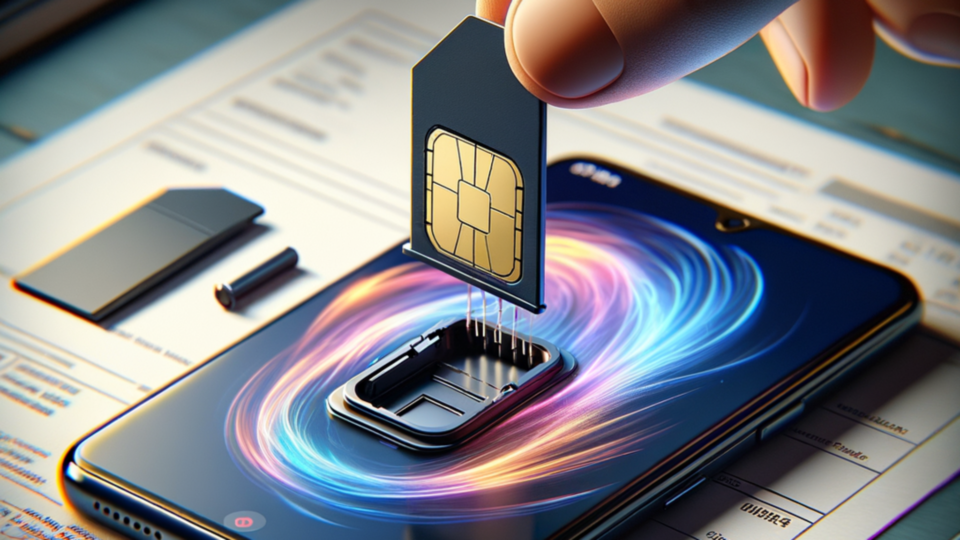
Quishing Scam: A Comprehensive Guide to QR Code Scanning Fraud
Over the past several years, there has been a significant surge in the number of scams related to the Unified Payment Interface (UPI), overlapping with the growth in digital payments in India. Scammers may now more easily steal money and personal information from UPI customers who utilize mobile payment services.
Since fraudsters are now exploiting UPI and QR code scanning to steal money, personal information, and user identities while leaving almost no digital trace, there has been a sharp increase in scams in India.
What Is a Quishing Scam?
While quishing is a new technique used by scammers to digitally steal money from consumers, phishing schemes have been occurring in India for decades. Quishing is the practice of scam artists drawing victims to fake websites with fictitious QR codes to steal their information from their bank accounts.
According to the reports, there were over 30,000 complaints of UPI thefts in 2023 compared to 15,000 incidents in 2022. About half of the complaints out of this total had to do with QR code fraud.
But quishing isn’t limited to using QR codes to make UPI payments. You run the danger of losing your money and personal information when you scan any sort of QR code that directs you to a third-party website.
How Does Quishing Work And How To Protect Yourself?
Typically, the scam artist will urge the victim to use the camera on their phone to scan a QR code, which will take them to a different website. This website may be a spoof of an authentic bank or e-commerce website that requests personal data or bank account information.
In addition, certain QR codes request the user’s UPI PIN for verification; the fraudster then receives this information and uses it to empty the victim’s bank account. Certain QR codes also include harmful files or mirrored software, which allows the fraudster access to all the data on your phone.
One is urged not to scan any QR codes supplied to them by unknown sources to prevent falling victim to such frauds. It is advisable to refrain from scanning QR codes on social networking sites since they may contain dangerous downloads.
It is recommended not to click on any unknown links that surface following a QR code scan. You should not click on a shortened URL included in a QR code unless you are confident in the source.



